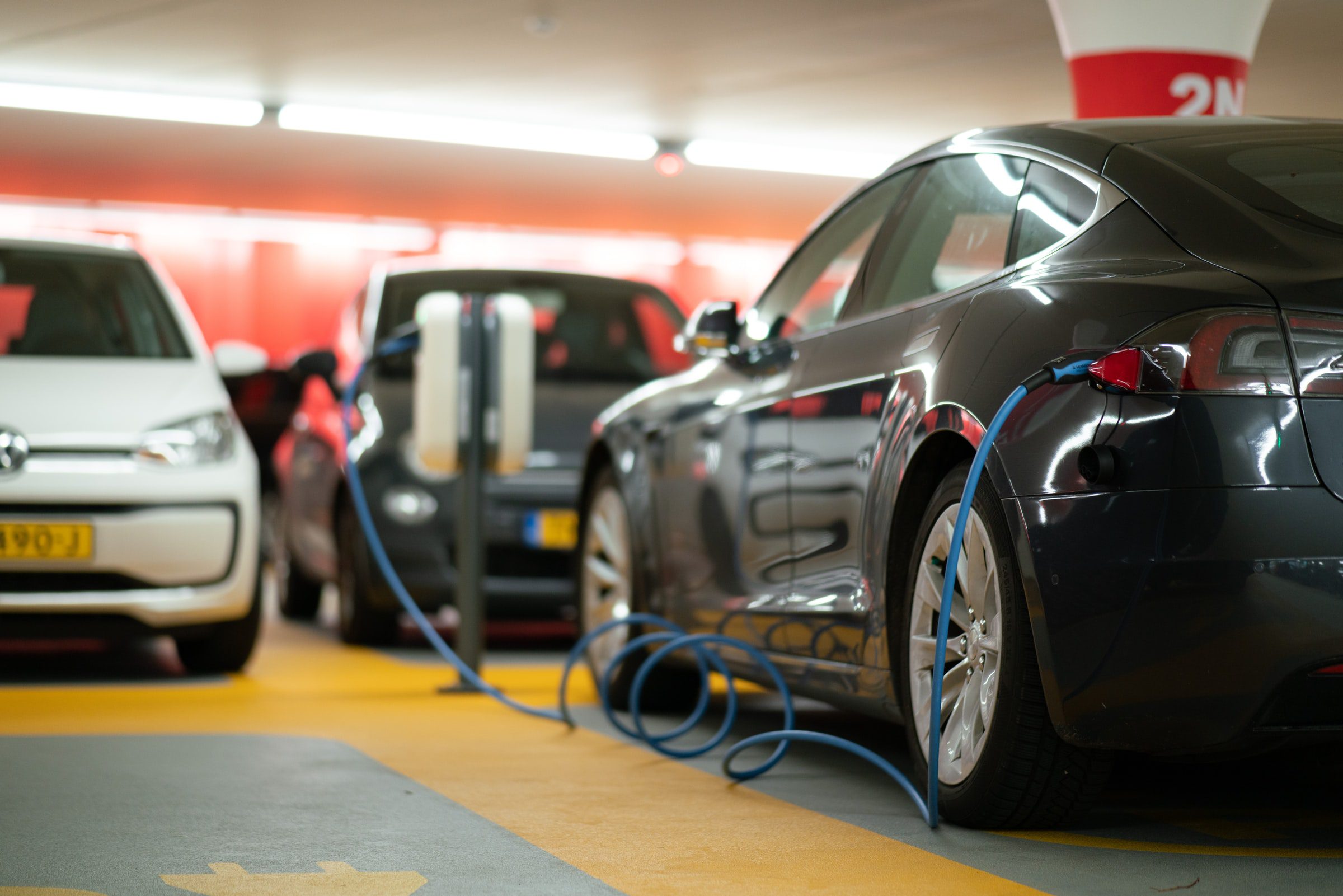Native Sun Community Power Development – a Native-led non-profit that promotes renewable energy, energy efficiency, and a just energy transition through education, workforce training, and demonstration – recently received a $6.5 million grant from the United States Department of Energy. The grant will be used for electric vehicles for Minnesota’s Red Lake Tribal Nation and the Standing Rock Sioux Tribe of the Dakotas, a part of what is now being called the Upper Midwest Inter-Tribal Electronic Vehicle (EV) Charging Community Network. The project, which hopes to energize regional partnerships to create an “enduring ecosystem,” is expected to begin in spring 2022.
“This award is our answer to the pipelines,” said Native Sun Community Power Development executive director Robert Blake. “They’re going to continue to build pipelines. We’re going to build electric vehicle charging networks.”
Funds will be distributed to allow tribal governments, businesses, schools, and utility companies to purchase at least 19 new electric vehicles, including Blue Bird electric school buses and Ford F-150 Lightnings. Native businesses will install more than 120 charging stations and train their employees on station maintenance.
There’s a decided focus on underserved, rural native communities.

Native Sun Community Power Development is a Minneapolis-based organization designed to help Native Nations work toward an equitable and green climate future. The group’s mission is to help Native Nations work toward and understand the environmental and economic benefits of clean energy, with a primary goal of energy sovereignty. Much of the non-profit’s work is focused on climate change education, through the lens of native language and culture. The group is just one of many working with Native Nations to lessen dependence on fossil fuels, in particular in light of the legacy of the Dakota Access Pipeline.
The Standing Rock reservation, the site of the Dakota Access Pipeline controversy, is taking control of its own clean energy future with the recent creation of Anpetu Wi, a public power authority to develop a 235-megawatt wind farm. Leaders, who have previously rejected wind farm proposals, have agreed to move forward with the project to better control electricity cost and access on the reservation. Additionally, the project could generate as much as $25 million in annual revenue for the 15,000-plus members of the Nation. There is also hope that clean energy jobs and training may play a role in improving Standing Rock’s struggle with unemployment and poverty.

Similarly, the Indigenized Energy Initiative, with a mission to “take back power,” is a brand new solar-energy-focused collaborative helping nations transition from fossil fuels.
“Energy is a trillion-dollar industry. Renewable energy development represents a pathway out of poverty for Native American tribes that is in line with our cultural values. Tribal communities can lead the charge on the just transition principles through the development of tribal utility commissions that work directly with public utility commissions to generate power from renewable energy,” said Indigenized Energy Initiative board member Bob Blake.
“Instead of divisive pipelines like [the Dakota Access Pipeline and] coal mining destroying our homelands, tribal utilities can offer a positive, Native-led path forward. We have a chance to help build the future rather than continuing the methods of the past.”
Organizations like Native Sun, Anpetu Wi and the Indigenized Energy Initiative are lighting the way for native nations to move forward into a green, renewable future while honoring the spiritual concerns of each tribe. Success with these projects will empower these often-oppressed communities socially, environmentally, and economically – further developing the nation’s workforce and giving people new opportunities.
“[These projects] leverage…energy as a tool to transform entire economic, ecological and social systems in some of the most marginalized and disadvantaged communities in the country while upholding our commitments to protect and preserve the Earth,” said Chief Henry Red Cloud. “This is the new way of honoring the old ways.”





